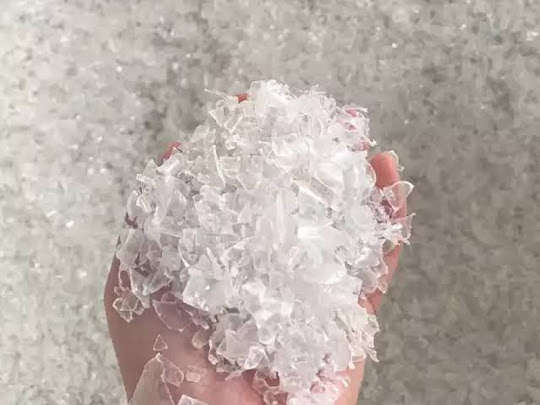What are the diverse uses of agro and zipper monofilament yarns?
Agro textiles are a hugely emerging sector among the twelve sectors of technical textiles. Agro textiles can be woven, non-woven or knitted (mostly Agro textile products are incorporated) and used for various purposes. Agro textiles are unique textiles intended for use in agriculture, horticulture, fisheries and forestry to boost production, quality and protection from adverse climatic conditions. Monofilaments are classified and sold based on their denier that is the weight in grams of 9000 m of filament and tensile strength. On the other hand, smoothness and diameter uniformity are essential in application. To create these versatile textiles, agro monofilament yarns are the best.
Zipper monofilament yarns
The zipper monofilament yarn in Delhi is used to manufacture zippers widely used in diverse industries. From garments to packaging to agricultural uses, these yarns are used in various ways. The main advantage of monofilament and yarns is that they are lightweight, durable, and easy to install. The monofilament yarns are knitted into a mesh fabric with zippers, which provides extra strength and high durability. Gujarat's zipper monofilament yarn suppliers are also popular in the fishing industry for their high tensile strength and low stretch properties.
What is a Monofilament Shade Net?
A popular type of agricultural textile is the monofilament shade net. Monofilament Shade Net is the most heavy-duty kind of shade fabric. It is made of agro monofilament yarn. It can protect your crops from harsh weather and keep them growing strong. It can also be used as a security fence, safety screen, and livestock container and has an average service life of 7 to 10 years.
It is an excellent option for farmers and gardeners who need a reliable, durable product that lasts season after season. Made from 100% polyethene monofilament, it is also available in various colours and sizes to match your needs.
In conclusion
When choosing a suitable fibre or yarn for a project, several factors must be considered. These include the type of application, the desired texture and appearance, and the level of durability required. For example, if you're making fishing nets, you'll want to use a monofilament yarn for its high tensile strength and low stretch properties. On the other hand, if you're making clothing, use a spun yarn for its soft, fluffy texture. In conclusion, understanding the differences between monofilament, multifilament, and spun yarns can help you choose the suitable masterbatch material for your next project. Each type has its unique properties and characteristics, and selecting a masterbatch that enhances these can significantly affect the final product's quality and performance.

.jpg)
.jpg)

Comments
Post a Comment